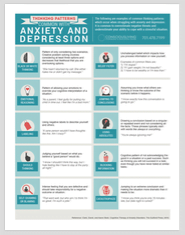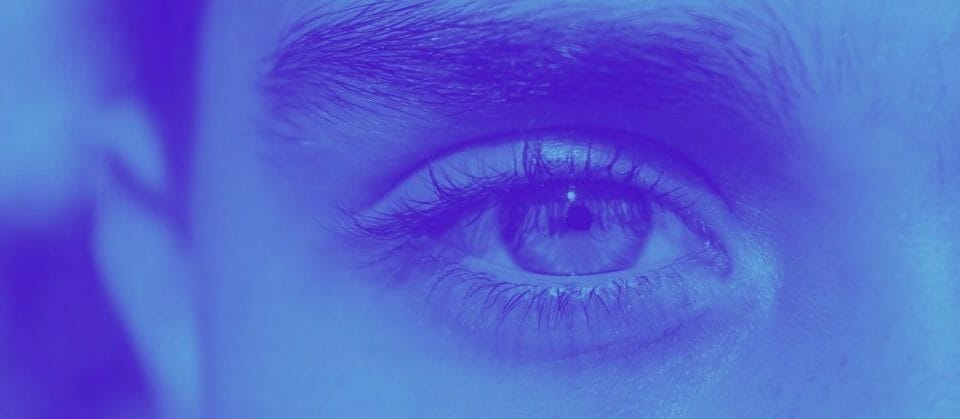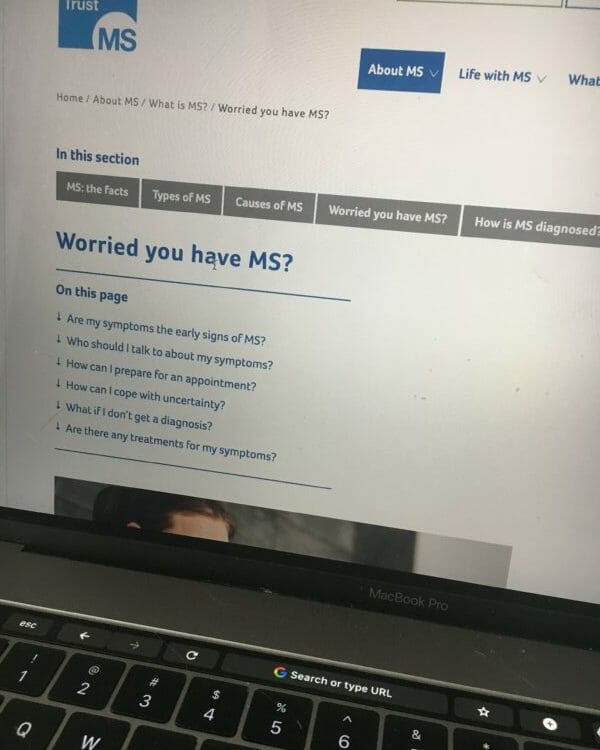
Are you getting enough vitamin D?
November 21, 2014
Anxiety & Depression: Common Thought Pattern Handout
May 14, 2015More About Counseling Services at CLCEC

Conscious Living Counseling & Education Center (CLCEC) offers clinical counseling and educational resources for adults living with anxiety, depression and/or ADHD.
CLCEC Services Include:
Counseling for Anxiety and Panic Disorders
Addressing an anxiety disorder isn’t an easy task. However, with focus, practical tools and an eye on your goal, you will make progress. Counseling treatment for anxiety includes improving cognitive and emotional habits, improving problem solving skills, body relaxation training and learning how to cope directly with your fears.
Counseling for Social Anxiety and Phobias
Research supports that one-on-one individual cognitive-behavioral therapy (CBT) with mindfulness training is more effective than other treatments, including medication, for the treatment of social anxiety and other phobias. Also, CBT is the most cost-effective intervention for patients with social anxiety disorder and it doesn’t have the side effects of taking medication.
Counseling for Adult ADHD/ADD
ADHD is often undiagnosed in adults. Without appropriate treatment, life can be very challenging. Traditional therapy/counseling does not address attention-related concerns. The approach can be helpful with emotional and interpersonal issues, but fails to help people manage ADHD symptoms. We offer testing to determine the sub-type of ADHD and ADHD-focused therapies with counseling. ADHD coaching/therapy techniques includes cognitive training to improve working-memory, time-energy management, focus regulation, emotion regulation, planning and organization tools and skills to reduce impulsive behaviors.
Counseling for Coping Skills and Stress Management
All adults need to have some sense of direction and the skills to cope with daily life stressors. Without coping skills and stress management planning, most people feel like living a stress-managed life is impossible. People are encouraged to improve coping skills, reduce stress and just relax- but no one shows you how. Skills-based counseling therapy can provide you with effective and practical skills to improve coping and stress management.
Counseling for Couples & Marriage Therapy
There is a significant correlation between a person’s ability to give/receive love and his or her mental health. It is important for everyone to invest in connection and interpersonal skills. In counseling therapy, you can learn how to shed the unhealthy patterns and strengthen your connection with your partner. Effective couples counseling includes improving communication and bonding skills.
Counseling for Chronic Pain & Medical Conditions
Living with chronic illness or a medical condition presents many unique challenges. Counseling for those living with a chronic condition is not about treating a psychological disorder, but helping people live with a difficult situation or chronic pain. It is still possible to live a good life with a chronic medical condition. Common topics explored in therapy include stress management, establishing a baseline for productivity, creating wellness routines, maintaining a positive relationship with the body, maintaining cognitive and emotional health and working with your medical team.
Counseling for Depression Disorders
Depression isn’t sadness. Normal sadness is a feeling of being “blue” or down and passes after a few hours or even days. Periods of sadness about a situation or life event are normal and healthy. Depression is a cluster of symptoms and feelings and the experience is usually unique for each person. Depression is diagnosed when the feeling of sadness (and other symptoms) last for more than two weeks. Once the depression spiral grabs hold, it is common for people to begin pulling away from relationships, activities, responsibilities and self-care routines. This change will increase negative thought loops and can snowball quickly. If you have been experiencing depression symptoms for more than two weeks or believe your symptoms are returning, please reach out now.
Counseling for Grief and Loss
Grief is greatly misunderstood in our culture. It is a profound emotional reaction to change and/or death of a loved one. Grief often presents with intense mental and physical symptoms. Individuals commonly respond to grief by trying to fix, ignore, or minimize the feelings surrounding loss. All these approaches deny the reality that grief demands to be recognized and shared. Our losses need to matter to us. Grief counseling is the process of understanding how our grief changes and redefines us.
Counseling for Harm Reduction
Harm reduction is a practice designed to reduce the harmful consequences associated with high-risk behavior. The center provides harm reduction counseling for the person engaging in high-risk behavior related to sexual activity (unplanned frequent partners, unprotected sex, doing acts that one does not want to do). Concerns about sexual behaviors are explored in a safe, nonjudgmental environment.
Movement Therapies & Mindfulness
Ongoing research supports the benefits of movement therapies and mindfulness tools. The therapies offer help to ease symptoms and support cognitive and emotional health. Somatic movements are also helpful to reduce emotional tension related to shame, trauma, anxiety and low energy related to depression.



